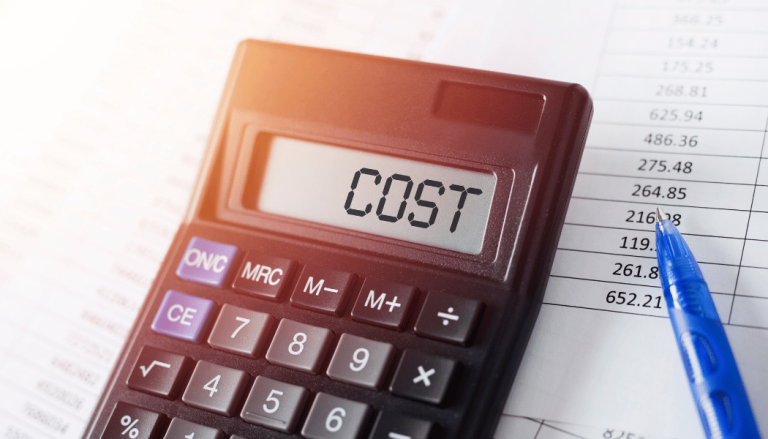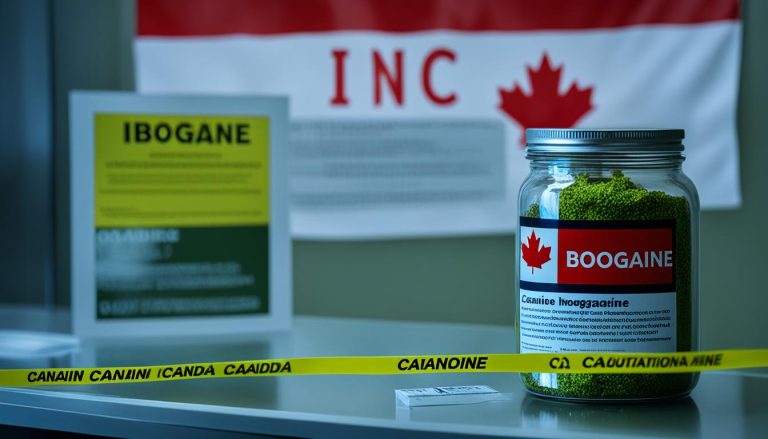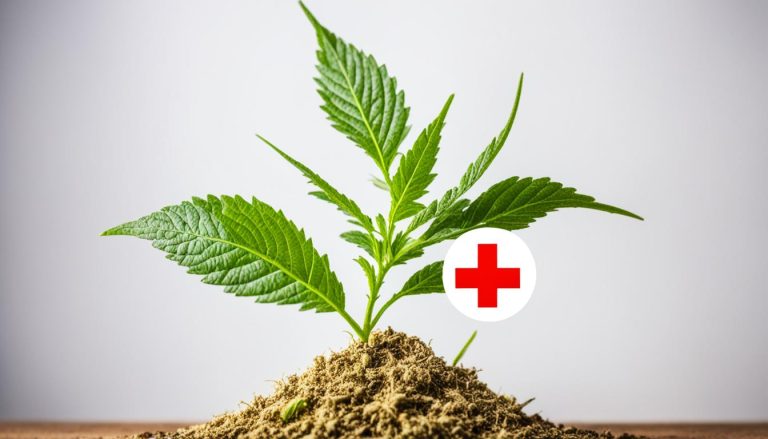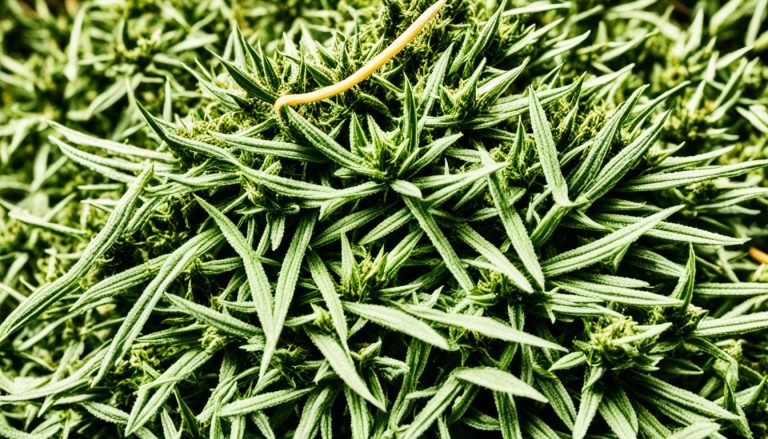Why Is Ibogaine Illegal?
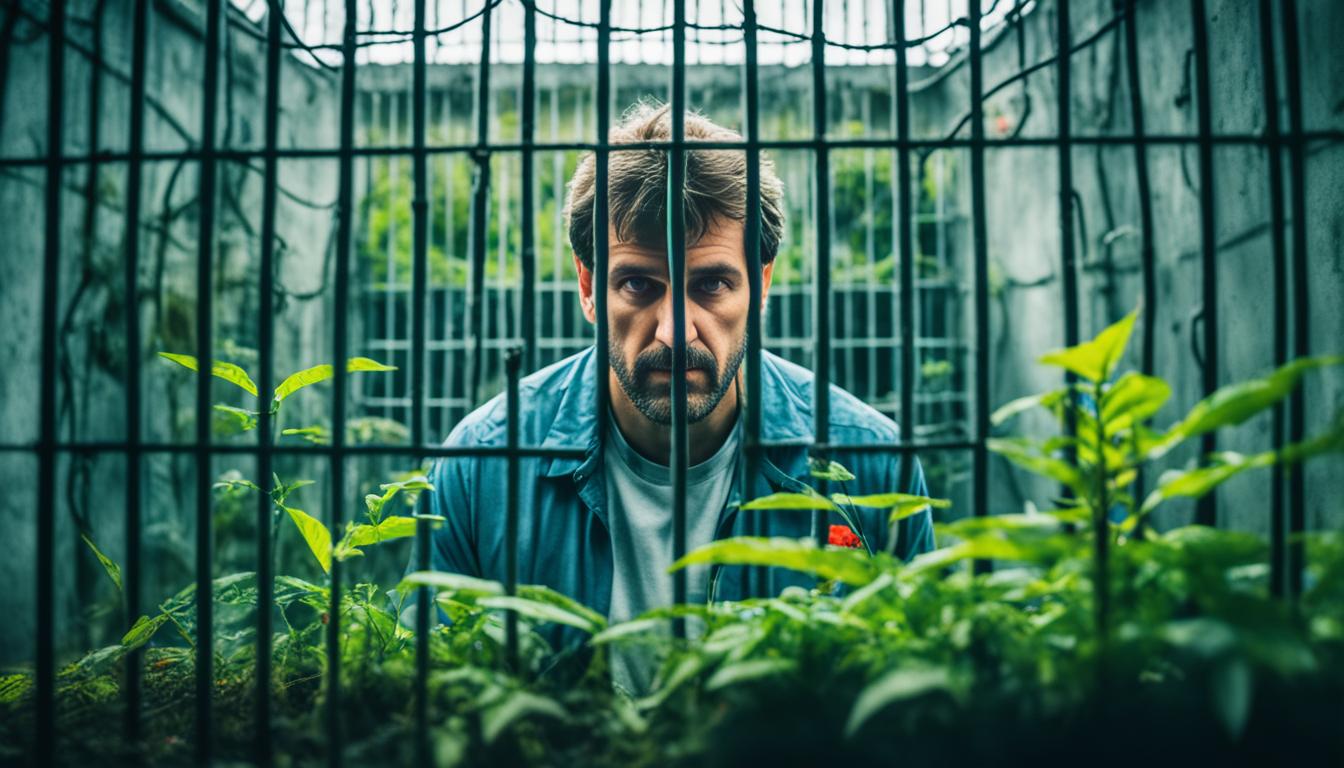
Ibogaine comes from the African Iboga plant’s roots. In the U.S., it’s seen as a drug with high abuse risk. It has no accepted medical use here and is not considered safe under medical care. People have said it helps with addiction, but it remains illegal. Rules focus on public health and legal issues.
Key Takeaways
- Ibogaine is a Schedule I controlled substance in the U.S.
- The substance lacks FDA approval for medical use.
- Concerns about public health and potential abuse contribute to its illegal status.
- Anecdotal benefits of ibogaine contrast with regulatory frameworks.
- Legal controversies continue to surround the drug’s classification.
History of Ibogaine
Ibogaine’s journey from African spiritual use to Western research is captivating. It shows how old traditions and new studies connect. This story highlights the blend of age-old beliefs with contemporary science.
Origins and Traditional Uses
Ibogaine’s roots are in the Bwiti religion of Central Africa. The Fang and Mitsogo tribes have used the iboga shrub’s bark for spiritual events. It was key for enlightenment, initiation, and healing. These uses show ibogaine’s natural start before psychedelic drug laws were in place.
Introduction to the Western World
Ibogaine entered the West in the 1900s. French explorers were the first to note its use. Then, it caught scientists’ attention. In the 1960s, Howard Lotsof saw its promise for addiction treatment. Yet, strict psychedelic drug laws and ibogaine prohibition limited its wider use.
Ibogaine moved from sacred use to a scientific interest. But, it faced regulatory challenges. These laws show the mixed feelings about psychedelics in the West.
What is Ibogaine?
Ibogaine is a unique, natural psychoactive substance. It’s gaining interest in medical and therapy fields. It comes from the Tabernanthe iboga plant and its chemical makeup is complex.
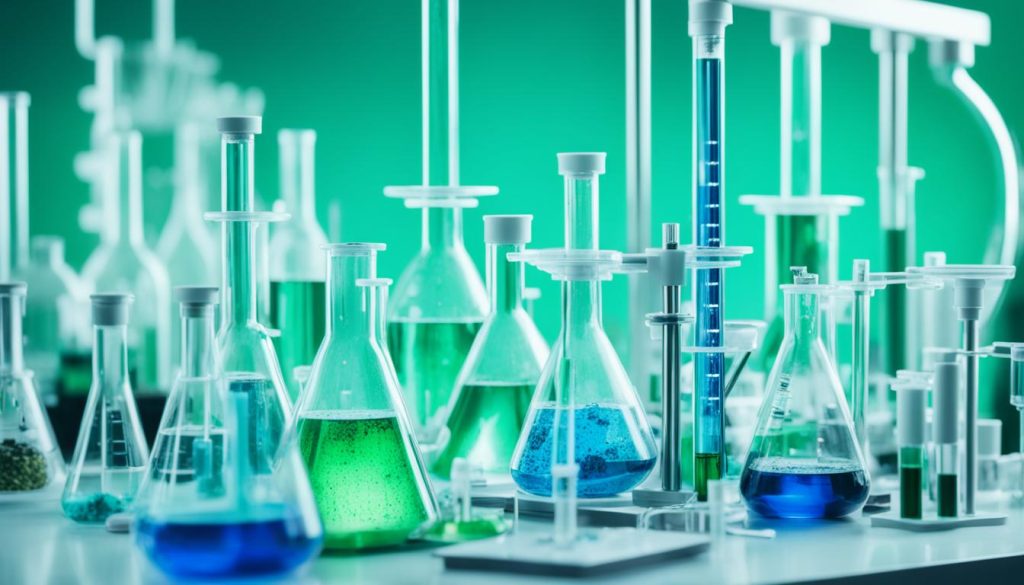
Discovery and Chemical Composition
People found ibogaine in the early 1900s. It’s known as an indole alkaloid due to a nitrogen ring in its structure. This special structure gives it unusual effects, making it a hot topic among researchers.
Medical and Therapeutic Uses
Ibogaine shows promise in treating addiction. It may ease withdrawal from opioids and help battle heroin and cocaine addiction. Yet, its use in medicine is debated because of safety issues and doubts about its effectiveness.
Researchers keep looking into ibogaine’s pros and cons. They stress the importance of more studies and clear regulations.
Psychedelic Drug Laws in the United States
In the U.S., the rules around psychedelic drugs like ibogaine are strict. It’s important to know these rules if you’re exploring why ibogaine is hard to access legally.
The Controlled Substances Act
The Controlled Substances Act (CSA) is key in U.S. drug law. It sorts drugs by how likely they are to be misused and their medical benefits. Under this act, ibogaine faces major legal challenges.
It is a Schedule I drug. This means it’s seen as having a high misuse potential with no accepted medical use. Because of this, getting, making, or giving away ibogaine is illegal. This makes it hard to study or obtain ibogaine.
Federal vs. State Regulations
The CSA sets federal rules, but states can make their own laws about ibogaine. This leads to a mix of rules across the U.S. Some states might have stricter laws, while others could allow ibogaine for research or have less harsh penalties.
This difference between federal and state rules creates confusion. It makes enforcing these laws difficult. Ibogaine’s legal status is unclear in places where state and federal laws don’t match.
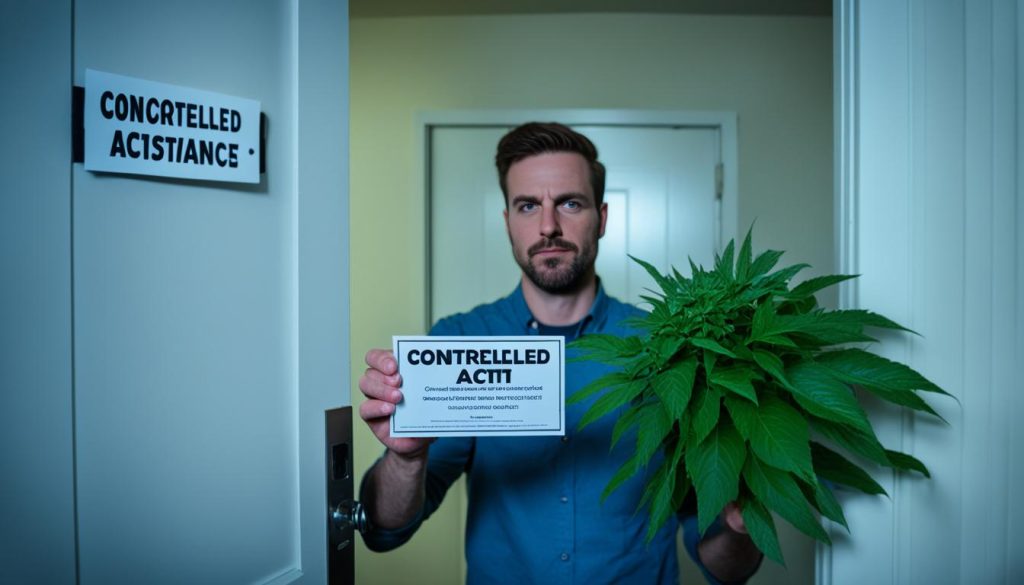
Why Is Ibogaine Illegal?
Ibogaine is banned in the U.S. due to several concerns. These include health dangers and no medical approval. It’s seen as risky, with a high chance for misuse, placing it under strict legal control.
Health Risks and Side Effects
Using ibogaine can lead to serious health issues. People might experience heart problems or neurological issues, sometimes deadly. Because of these dangers, it has not gotten approval without detailed studies proving its safety.
Lack of Medical Approval
The FDA has not approved ibogaine because it hasn’t been thoroughly tested. Though some say it helps with addiction, it lacks the needed scientific backup. Without solid proof, it remains off the list of approved drugs. The process to get FDA nod hasn’t made progress due to this lack of evidence.
Potential for Abuse
There’s also worry about ibogaine being misused. Its strong effects might lead to dependency or abuse. These concerns make its regulation tough but necessary to keep people safe.
The ban on ibogaine comes from its possible dangers, no medical green light, and abuse risk. All these reasons make it a Schedule I substance in the U.S., showing caution towards its use and legal status.

